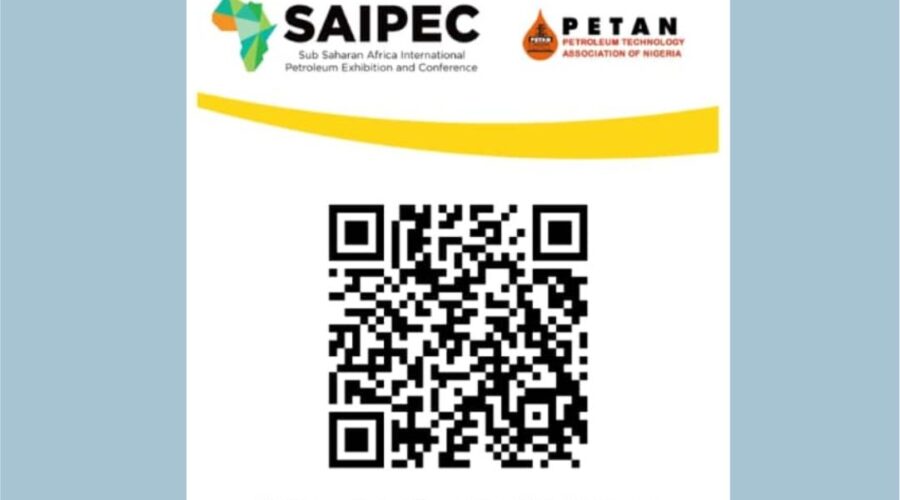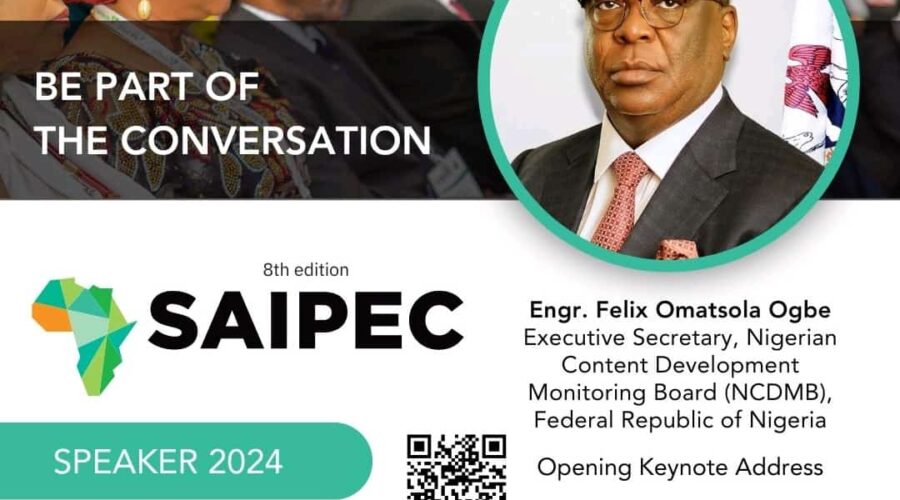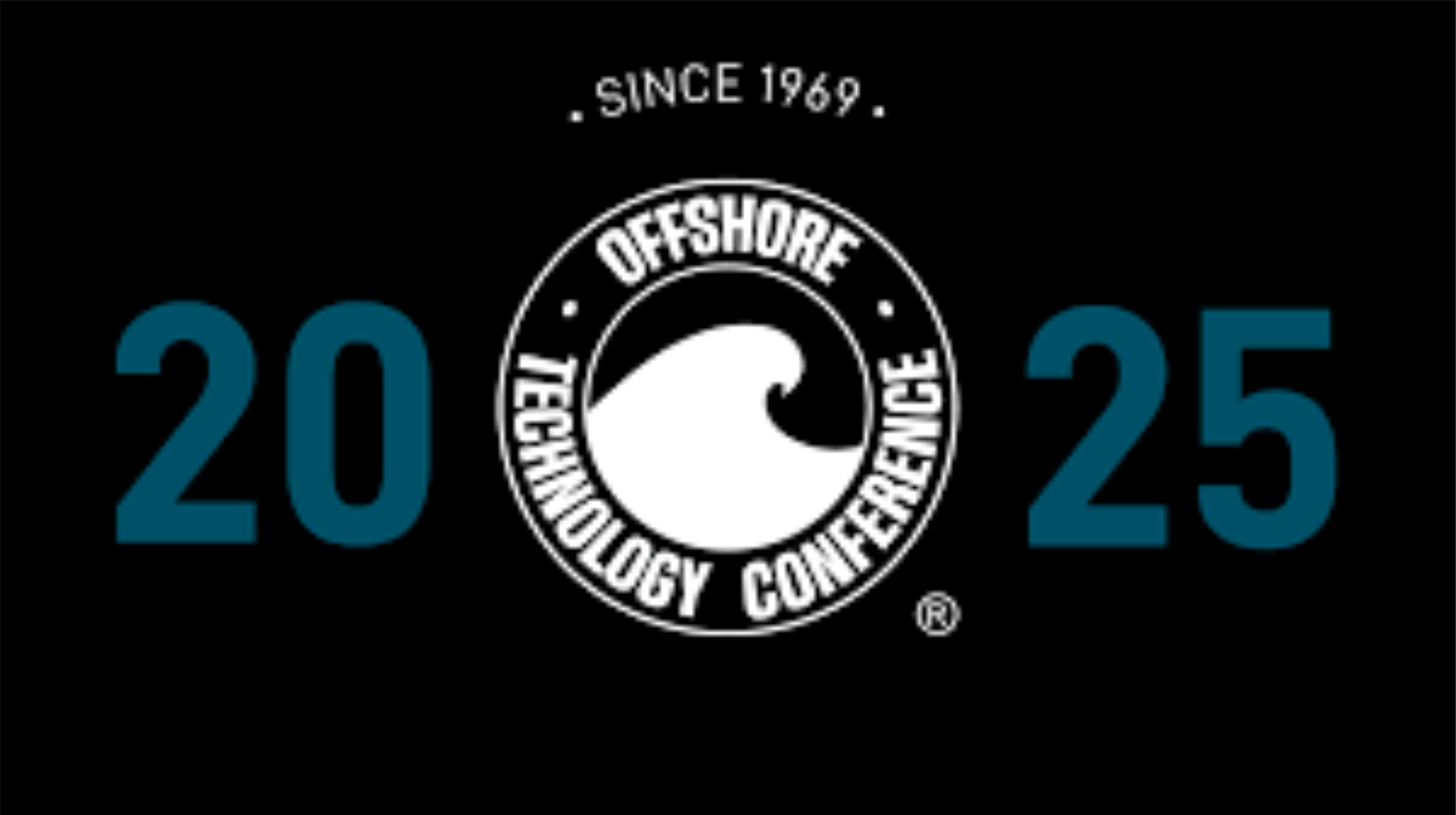SUMMARY OF FINAL MEMORANDUM BY PETAN ON THE NIGERIAN OIL AND GAS INDUSTRY DEVELOPMENT (NOGICD) ACT AMENDMENT BILL 2020
- OUR POSITION
While we are pleased with some of the developments brought about by the provisions of the NOGICD Act, our position is that the sought amendment in line with industry best practices should be reviewed to capture all issues that may hinder its aim. We have provided recommendation for same.
- CONCERNS
1.1. Fundamental role of Nigerian Indigenous Companies in the development of Nigerian Content
We all know that mandate of the Act is primarily to provide for the development of Nigerian Content in the Nigerian Oil and Gas Industry by encouraging participation of Nigerians. Indeed, the true measure of the success of content development in Nigeria is in the amount and complexity of works and role played by Companies wholly owned and managed by Nigerians, whose focus is developing Infrastructure and Technology in Nigeria, thereby encouraging profits to be retained and reinvested into our economy.
This makes the focus of the Act primarily on Nigerian indigenous companies.
Any amendment to the Act, must be to protect and encourage an environment for exponential increase in their numbers and rapid growth in size, so as to pull along the Nigerian economy.
Thus, the intention of the Bill to completely remove the term “Indigenous” negates the true meaning and intention of the Act.
We recommend that the term “indigenous” is retained. Consequently, the interpretation Clause of the Bill should interpret “Nigerian Indigenous Companies” to mean;
“a company with 100% equity and assets owned by Nigerian Citizens with its head office/parent company located in Nigeria”.
1.2. Land and Swamp Exclusive Operation
The advent of the Act in the last decade has yielded tremendous development in the Oil and Gas Industry, especially in the ambit of fostering economic growth and excellence by emboldening Nigerians to establish Companies and partake in the wealth-generating activities in the Industry. This can only be attributed to its enabling provision which accords Nigerians priority in the bid for Land and Swamp operating areas.
Flowing from the need to have the Bill define “Nigerian Indigenous Companies”, in order to continually encourage local participation for the development of Nigerians, it is strongly recommended that Land and Swamp operations be reserved exclusively for preferred Nigerian Indigenous Companies.
In light of this, the interpretation Section of the Bill should define the term “Nigerian Indigenous Service Companies” to avoid a situation of individual interpretation as done in the past. We recommend that the term be defined thus;
“any Nigerian company classified as a Nigerian indigenous company providing services and products that are manufactured in Nigeria rather than just selling physical products.”
1.3. Operator’s obligation to pay contracted sum within a stipulated period.
In order to ensure the prompt payment of contract sum, it becomes expedient for the Act to make an explicit provision mandating operators to disburse the contract sum as at when due.
We therefore propose that a new sub-section (2) be added to Section 22 of the Act, stipulating the period for which the operator shall pay the contract sum to the awarded party.
22 (2).
“Upon the award of contracts, subcontracts or purchase order to the awarded party, the operator shall, within a period not exceeding 45 days from the presentation and/or receipt of an invoice from the awarded party, pay the due contract sum”.
1.4. Increase of Percentages to be contributed to the Nigerian Content Development Fund
The major source of the Fund by virtue of Clause 105 (2) of the Bill is derived from the deduction of 2% at source of every contract awarded to any operator, contractor, subcontractor, alliance partner or any other entity involved in any project, operation, activity or transaction in the Upstream Sector and designated Midstream and Downstream projects operation of the Nigeria Oil and Gas Industry, which is to be paid into the fund.
An increase to 2% is outrageous where there are no detailed developmental returns on previous contributions. We recommend that Section 104(2) of the Act, at 1% contribution be retained and reflected in Clause 105(2) of the Bill.
1.5. Application of the Nigerian Content Development Fund
The initiative behind contribution to the Content Development Fund is progressive. Nevertheless, the resources released for funding by the Board in most cases are considered insignificant for such projects. Taking a look at the yearly generated revenue of the Board, it is better suited to dedicate a percentage of the yearly generated revenue into giant projects, programmes, capacity development initiatives, activities considered beneficial to Nigerian indigenous companies which are the sources of the generated fund.
We suggest an amendment to Clause 105(3) of the Bill to read;
Clause 105(3)
“The Fund shall be managed by the Nigerian Content Monitoring & Development Board, and 50% of the total generated fund thereof shall be employed for projects, programmes and activities beneficial to Nigerian Indigenous Companies and directed at increasing Nigerian content in the Oil and Gas Industry”
1.6. The Percentage of Local Contents Limit in the Schedule to the Act and the proposed Amendments
In light of industry best practices and to ensure checks and balances in execution of this discretion, it is strongly advised that the wording in Clause 11(2) be amended to read;
“Where a project description is not specified in the Schedule or where target of the schedule is considered inadequate based on current capacity, the Minister, upon recommendation of the Board, may make regulation to set the minimum target level for that project or project item.”
1.7. Integrating the Provision of Independent Verification System or Waivers to speed up the process of Minimum and Specific Nigerian Content
The proposed amendment by Clause 11 (4)(a) which requires that “an entity shall advertise the need for the goods and service on the JQS for a period not less than 30 days before submitting application to the Board,” has failed to eradicate the problem of deliberate circumvention of the NOGICD Act by citing project execution delays as the excuse which derails the purpose of the Proposed Amendment.
We recommend independent verification by ‘writing to the Board for a waiver will suffice’ and make the project execution expeditious considering the Board has a database to determine if local supply is feasible or not.
1.8. Programmes for Research and Development (Joint Industry R&D Projects)
By virtue of Clause 38, an operator is required to provide research and development plans to the Board every six months, and expected to outline a scope of three to five years, including its expenditures, which must be undertaken in Nigeria.
While this is commendable, to achieve its purpose, we recommend Industry R&D (Joint Industry Project) to involve Service Companies, Operators and Universities based on at least 50% of the R&D allocated funds. By doing so, there will be room for creation of a robust R&D ecosystem to drive home-grown technology development.
1.9. Transparency in the Audit Process
The Act lacks transparency and accountability with regards to auditing process of Contributory Funds. With the proposed Bill in place, this is an opportunity to remedy such loophole and ambiguity in the Act. We suggest making the audit of the Board open to contributors of the Content Fund. By so doing, the Board creates a system of transparency and accountability.
To achieve this, there should be accountability particularly with regards to contributory funds. This could be in the form of acknowledgement of received funds, similar to the Withholding Tax receipts posted by the Federal Inland Revenue Service (FIRS), a statement of account disclosing total pooled funds which should be made available to contributors at the end of each year. Hence, the need to include an auditing process in the Act.
1.10. Board Budgetary
With regards to the budget of the Board and estimated expenditure, the provisions of S. 91 of the Act is highly commendable. However, while the Board provides its estimated budget, there have been activities considered to be excess spending in certain areas of budget, which should be cut down and used for development in other key areas. For instance, with regards to conferences held in the industry, spending’s should be cut down.
We recommend that S.91 of the Act be reviewed to restrict unnecessary spending of allocated funds to activities not considered as developmental.
1.11. Submission of Nigerian Content Plan for All Projects
Clause 7 of the Bill requires an operator to submit a Nigerian Content Plan (“the Plan”) to the satisfaction of the Board, demonstrating capacity to comply with the Nigerian content requirements of this Act.
We recommend that the submission of Nigerian Content Plan to the Board be expanded from operators to include; Nigerian indigenous companies, contractors and sub-contractors.
1.12. Periodic Revision of Schedule B of the Act
To stimulate the effective participation of indigenous players in the Oil and Gas Industry as well as encourage continuous performance improvement, Schedule B of the NOGICD Act should be revised by the Nigerian Content Consultative Forum (NCCF) periodically (2-5 years) to reflect:
i. Performance of local companies
ii. Skilled Human Capital availability
iii. Technology Acquisition
iv. R&D accomplishments
v. Any other monitoring & evaluation areas of focus.
We have attached the proposed Schedule to this memorandum.
- RECOMMENDATIONS
We have succinctly outlined our recommendations in numbered sequence for NASS’s due consideration below:
2.1. The Bill should provide the definition of a ‘Nigerian Indigenous Company’ under Clause 3(1).
2.2. Land and swamp operations should be preserved exclusively for Nigerians and the Bill should define the term ‘Nigerian Indigenous Service Company’ under Clause 3 (2).
2.3. The Bill should provide for a specific period within which the operator shall pay the contract sum to the awarded party. Proposed Clause 22(2).
2.4. Percentage of contribution to the Contributory Fund should be retained at 1% as provides in Section 104 (2).
2.5. A condition mandating the Board to allocate 50% of the Contributory Fund generated to the advancement of projects and programmes beneficial to Nigerian indigenous companies each year should be inserted in Clause 105 (3).
2.6. The power vested on the Minister to set the minimum Local Content Level should be made subject to the recommendation of the Board in Clause 11 (2).
2.7. In addition to advertisement on the JQS, waiver applications should be published in the National dailies requiring a 30-day notification period prior to the granting of waivers in the construction of Clause 11 (4) (a).
2.8. Insertion of a new phrase to provide for Joint Industry driven Projects which shall encompass Nigerian indigenous companies, contractors, sub-contractors, Nigerian Universities and operators in Clause 38 (3).
2.9. To achieve transparency, we recommend the insertion of new Clauses 94 and 95 to reflect a more detailed Auditing Procedure of Contributory Funds.
2.10. Section 91 of the Act be reviewed to restrict unnecessary spending of allocated funds in Clause 91.
2.11. The submission of Nigerian Content Plan to the Board be expanded to include; Nigerian indigenous companies, contractors and sub-contractors.
2.12. There should be a periodic revision of the Schedule to the Act to stimulate effective participation of Indigenous players in the Oil and Gas Industry as well as encourage continuous performance improvements.




